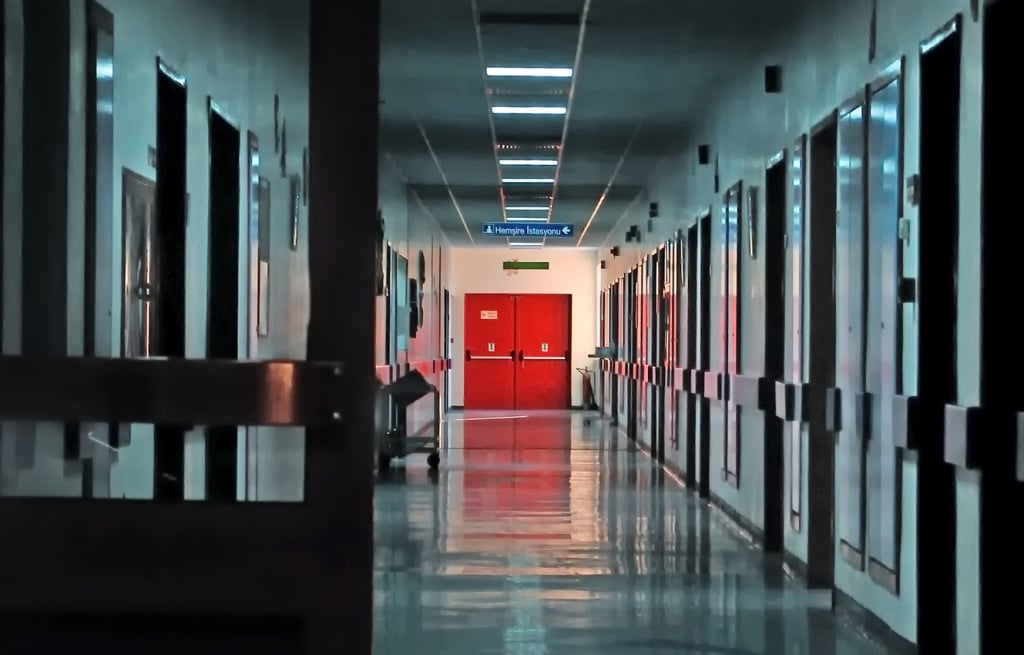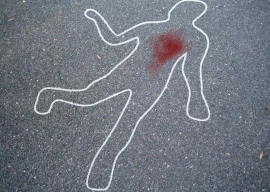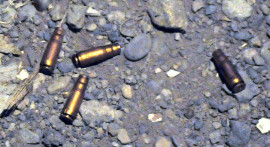
With the country still struggling with the novel coronavirus, health authorities in Punjab seem to have found a better use for funds meant to fight the pandemic. The province’s Department of Primary and Secondary Healthcare has decided to use part of a World Bank loan for Covid-19 containment to purchase high-end vehicles for senior officers.
According to sources, the department is procuring the vehicles as part of a wider Rs500 million scheme for the Expanded Programme on Immunisation (EPI) that includes the purchase of ambulances and refrigerated vans to transport vaccines. However, the bulk of the money will be spent on procuring 45 4x4 double-cabin vehicles for divisional, provincial and district-level officers, they revealed.
“Each double-cabin is estimated to cost about Rs7 million,” an official privy to plan told The Express Tribune. “This means, it would take an estimated Rs315 million to purchase 45 such vehicles, which would account for more than half of the money spent.”
Sindh health dept seeks ‘curfew’ in Karachi
Under the plan, 36 of the double-cabin vehicles will be given to health department officers at the district level, the official said. The rest will be distributed among divisional and provincial officers.
“A PC-1 for this procurement has been sent to the planning and development department already,” the official added. However, the plan has been mired in controversy from the outset.
“The original plan included the purchase of only 12 4x4 vehicles,” another official said. “That number was first increased to 36, and now it has been increased to 45.” The official added that both the Punjab Cabinet Committee on Coronavirus and the planning and development department raised objections against the planned purchase. The latter, however, asked the authorities concerned to submit a PC-1 for the procurement, he revealed. “Even now, the planning and development department has identified objections in the PC-1.”
According to sources, the PC-1 document does not list the details about vehicles, equipment and other resources currently available for EPI. They said the health department has been asked to provide exact details of what is available at the divisional level for the programme.
Providing details of the proposed Rs500 million scheme, officials said it includes the purchase of 15 refrigerated vehicles for vaccine distribution, six ambulances and five dry goods vehicles for a total estimated cost of Rs117.5 million. The entire WB-sponsored programme to strengthen Covid-19 measures is worth roughly Rs4.1 billion and includes the recruitment of additional staff along with the procurement of IT equipment. When contacted, the Department of Primary and Secondary Healthcare spokesperson said they were looking to improve the supply and distribution system for vaccines in the province to both help the fight against Covid-19 and enhance immunisation activities. “At present, the refrigerated and non-refrigerated vehicles we have are insufficient for timely distribution of vaccines,” the spokesperson said, adding that the department was also short of storage facilities. “Under this World Bank programme, 54 new cold rooms will be set up to increase our vaccine storage capacity,” the spokesperson added.
Sindh health dept dismisses efforts of Covid-19 focal person
Asked about the purchase of 45 double-cabin vehicles, the spokesperson insisted that they were needed for EPI activities across the province. The spokesperson also claimed that a single such vehicle would cost no more than Rs5 million. On the other hand, the spokesperson for the P&D department said that they believed the health authorities could look for cheaper alternatives instead of the high-end double-cabin vehicles. Responding to that, the health department spokesperson said: “A cheaper vehicle would last two or three years, but our requirement is for vehicles that will last at least eight to ten years.” The spokesperson added that ‘good, strong vehicles’ were necessary for Covid-19 tracing.
Published in The Express Tribune, July 19th, 2020.
1724668524-0/Untitled-design-(5)1724668524-0-405x300.webp)





1732011525-0/Express-Tribune-(8)1732011525-0-270x192.webp)










COMMENTS
Comments are moderated and generally will be posted if they are on-topic and not abusive.
For more information, please see our Comments FAQ